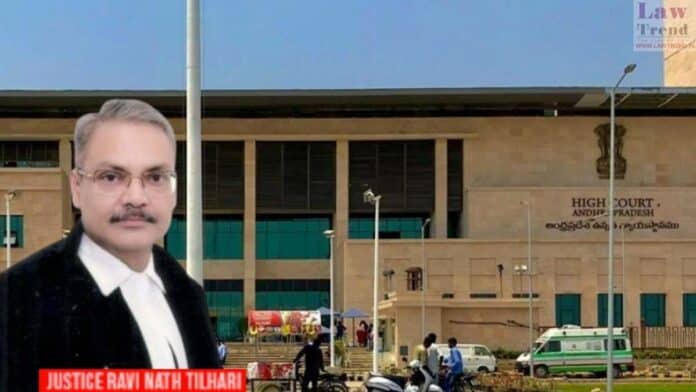In a landmark ruling, the Andhra Pradesh High Court emphasized that procedural laws should aid justice rather than obstruct it. Justice Ravi Nath Tilhari, presiding over Civil Revision Petition No. 1841 of 2024, overturned objections raised by the trial court registry that delayed the registration of a civil suit, reaffirming the principle that “procedure is
To Read More Please Subscribe to VIP Membership for Unlimited Access to All the Articles, Download Available Copies of Judgments/Order, Acess to Central/State Bare Acts, Advertisement Free Content, Access to More than 4000 Legal Drafts( Readymade Editable Formats of Suits, Petitions, Writs, Legal Notices, Divorce Petitions, 138 Notices, Bail Applications etc.) in Hindi and English.




